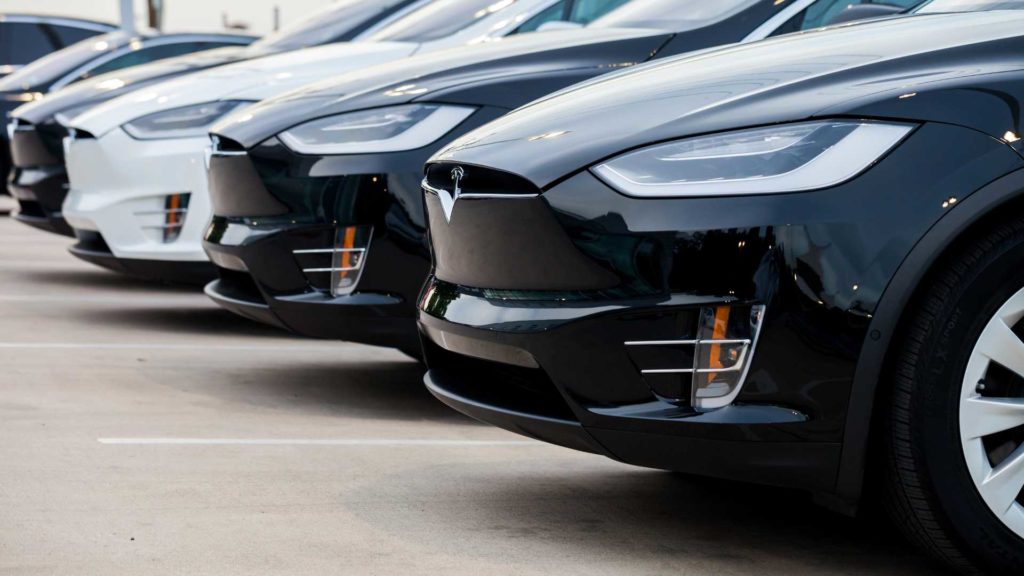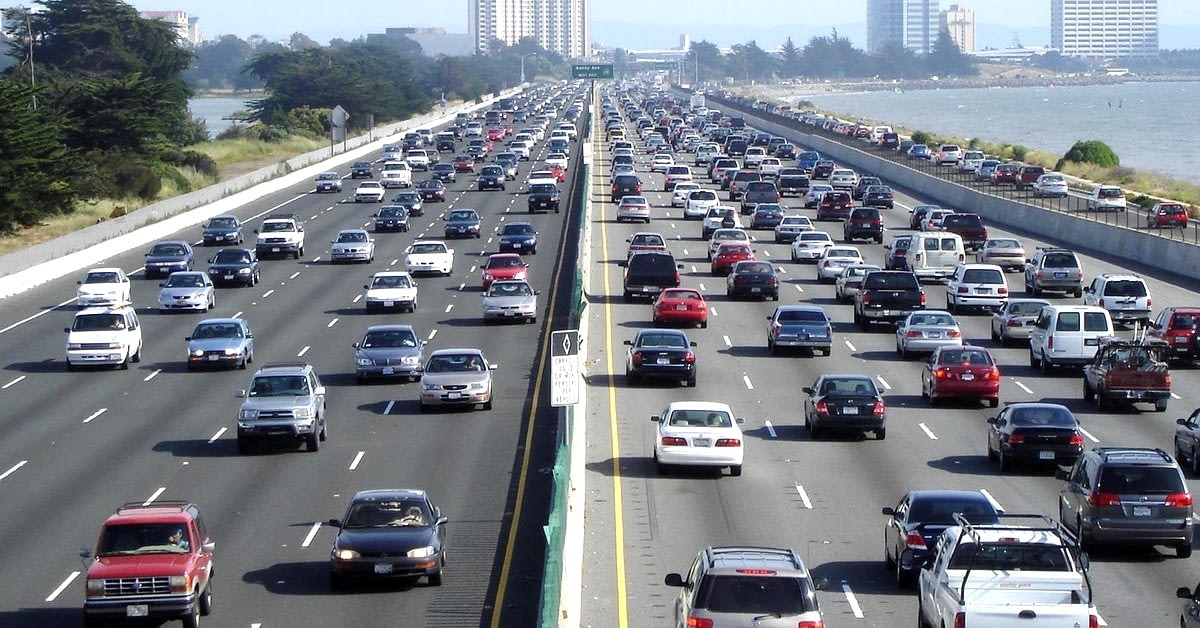California is known for its high demand of EVs and continues to be a key state to electric vehicle adoption in the U.S. As a result of Senate Bill 1, passed in 2017, a one-time upfront registration fee of $100 will be charged for 2020 model year plug-in vehicles in California starting this month. In addition, an annual registration fee of up to $175 based on the vehicle’s value will also be implemented. An EV worth $5,000 will pay a $25 fee with the amount climbing up to $175 per year for a plug-in electric vehicle worth $60,000 and higher.
The bill is expected to raise around $7 billion a year to fund repairs and maintenance , not only from the registrations fees but also by raising California gas taxes by 3.2 cents to about 50.5 cents a gallon. Over the next 10 years, it is expected to generate $52 billion allocated for repairing infrastructure.
In a state that already has around 700,000 EVs on its roads, there is, of course, a cause for concern regarding sales numbers after implementing the new fees. California could see a 10-24% drop according to researchers at University of California Davis. California currently offers a $2000 rebate for pure electric vehicles, $1000 for plugin hybrids. Former governor Jerry Brown signed an executive order in 2018 committing the state to a goal of 5 million zero-emission vehicles on the road by 2030.

Due to the global pandemic that has rocked the auto industry, states across the country are attempting to recover the loss of gas tax revenue. In response states are delaying transportation projects (bridge maintenance, road paving, etc.) by upwards of $50 billion. The US states that impose fees on EV owners, or will soon add them, include: Alabama, Arkansas, California, Colorado, Georgia, Idaho, Illinois, Indiana, Iowa, Michigan, Minnesota, Mississippi, Missouri, Nebraska, North Carolina, North Dakota, Ohio Oregon, South Carolina, Tennessee, Utah, Virginia, Washington, West Virginia, Wisconsin, and Wyoming. The goal is to make up for gaps in roadway infrastructure investments that are normally supported by gasoline taxes.
Around $8.5 million in construction has been cancelled or delayed in 14 states according to the American Road and Transportation Builders Association. The U.S. House passed a bill on July 1st to increase spending on roads and transit, while continuing to reduce pollution and generate jobs. Senate Majority Leader Mitch McConnell (R-KY) labeled the bill “political theater” before dismissing it, leaving the Republican-controlled Senate emptied handed as far as a finalized 5 year transportation bill.

